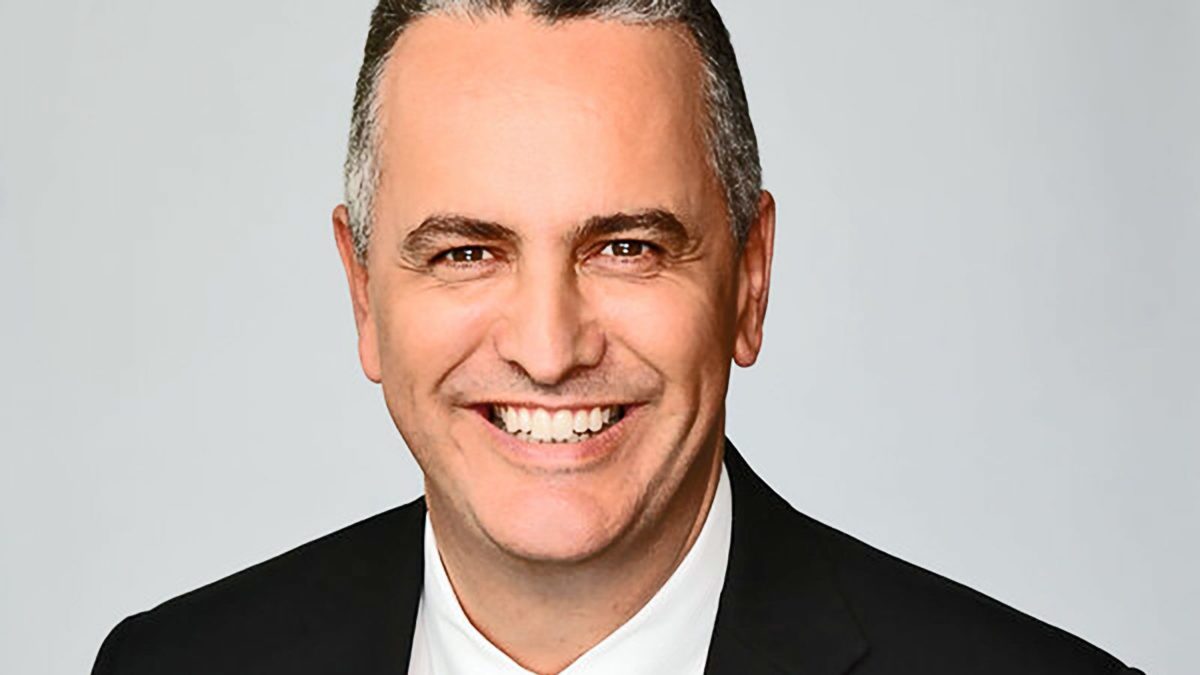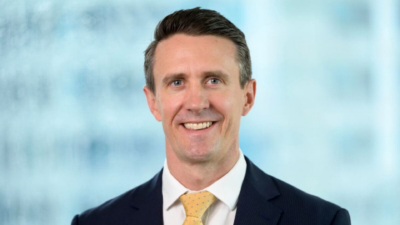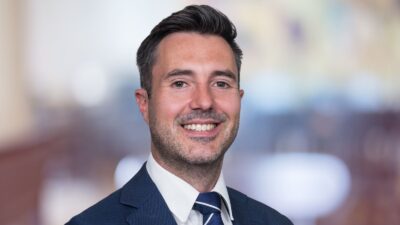Custodians prove their worth on ESG
As investment managers turn their eyes to the reputational risks of ESG, the custodians that support them have a responsibility to do the same, according to BNP Paribas Securities Services.
“Underneath the whole challenge of ESG, as our clients are looking what it means to be an investor and holding all of those investments, the reputation management they’re going through is starting to extend out to the full ecosystem of their providers,” said David Braga, Australia CEO of BNP Paribas Securities Services. “Who is going to augment their reputation and who is going to have the potential to bring reputation risk in for them?”
BNP Paribas Securities Services has recently launched a new ESG analytic tool across its Manaos platform in Europe, which will allow clients to measure their assets against the 17 UN Sustainable Development Goals (SDGs) – which include initiatives aimed at reducing global poverty and hunger – and other controversial areas such as weapons manufacturing and tobacco. The tool was built in partnership with fintech Clarity AI, and the plan is to roll it out across the Asia-Pacific region through next year.
“That type of analytic is the new way that funds are saying “We have to get some better measures across our book” and it makes sense for an asset servicer to invest in that capability and build that reporting and get access to the data to make that available. Clients like that, because when you’re arm’s length from them it has a bit more tangibility to it.”
“They want some consistency of approach – you don’t want to be chopping and changing that too often but to be able to say, here’s the basis where we’re taking the measurement. It’s all about setting confidence for the end investor, who can then make their decisions about whether what you’re doing matches their own ethical framework or not.”
While European regulators have worked towards clarifying investor responsibility for carbon emissions and climate change through the Sustainable Finance Disclosure Regulation regime – and global regulators are following close behind – the fragmentation and availability of ESG data means that progress can be hard to measure.
“On ESG as a measurable, beauty is still in the eye of the beholder so it’s hard to get good data that will line up against the characteristics of your investments and make your own determination about your fund and how to represent it in terms of its characteristics,” Braga said.
BNP Paribas Securities Services will also extend its capability closer to the core of asset servicing in New Zealand from early next year with plans to activate itself as a ‘clearer’ to the NZ stock exchange, NZX.
This means that BNP Paribas Securities Services will become the only asset servicing company among the big global banks which can support the ‘Portfolio Investment Entity’ (PIE) and KiwiSaver retail products in NZ. Local brokers and other organisation provide clearing.
David Braga said the extension of the third-party clearing service follows new clients demand across the Tasman. Unlike Australia, the NZ authorities do not require custodians to hold a separate licence for the provision of custody services.











